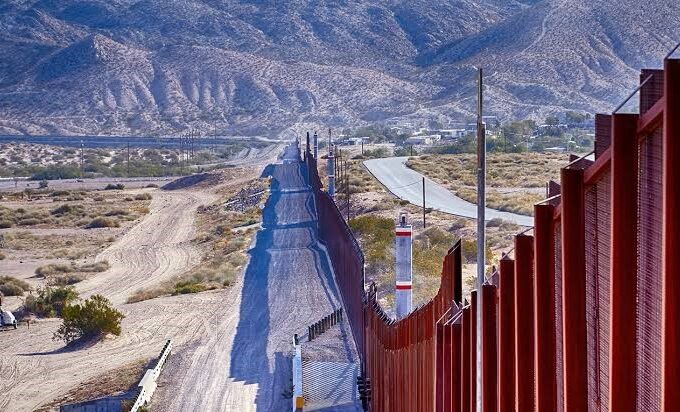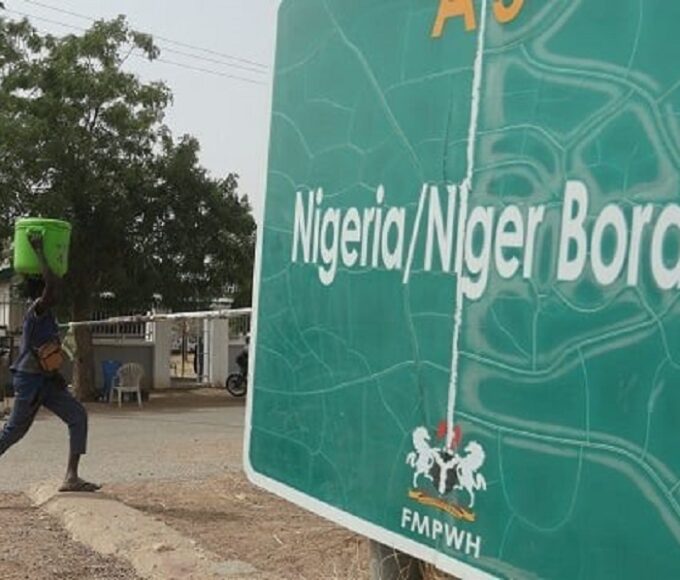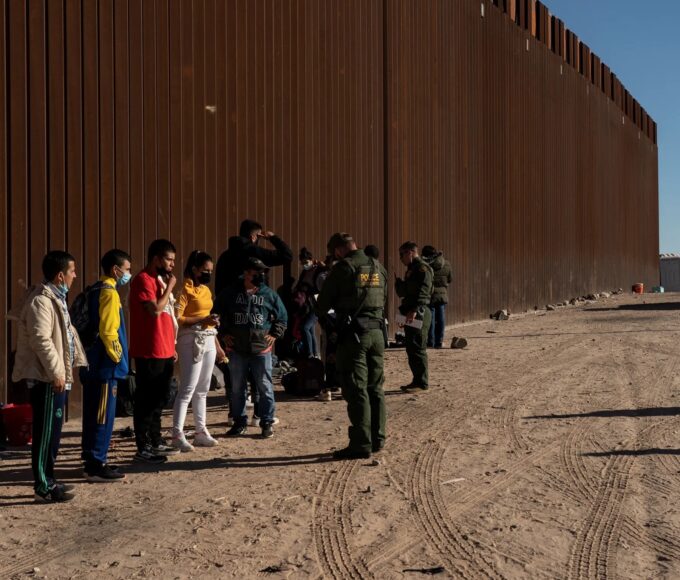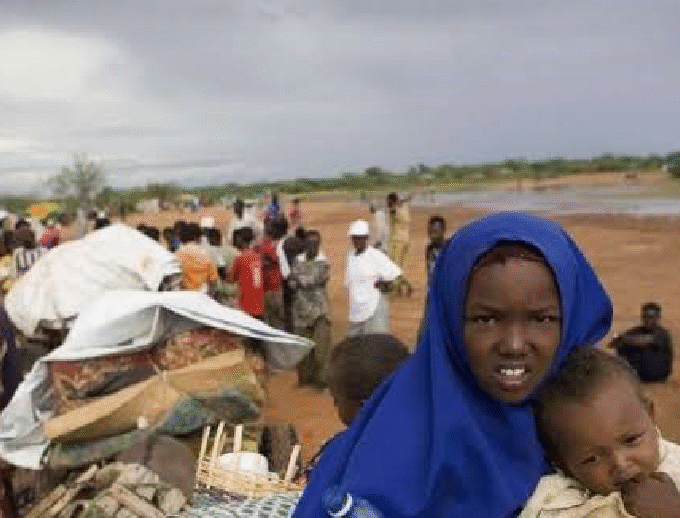Border Security in Fragile States: Balancing Sovereignty and Cooperation
Transnational threats do not respect borders. Terrorist groups like Al-Shabaab, jihadist insurgents in the Sahel, and organised crime networks exploit porous frontiers.

Border security in African fragile states poses a complex challenge: how to uphold territorial sovereignty while fostering regional cooperation to effectively address transnational threats. Effective border management is vital not only for regulating population movements and trade but also for safeguarding national security and state capacity. Achieving this balance requires navigating a web of political, economic, social, and security factors unique to fragile contexts.
The Critical Importance of Border Security
In fragile African states, borders are often porous, poorly demarcated, and inadequately monitored. These vulnerabilities facilitate the movement of criminals, insurgents, refugees, and illicit goods, exacerbating insecurity and undermining state authority. Weak governance, limited resources, and ongoing conflicts create an environment where borders become avenues for transnational threats such as terrorism, drug trafficking, human smuggling, and arms proliferation.
At the same time, borders serve as symbols of sovereignty—integral to national identity and territorial integrity. Thus, states are naturally inclined to defend their borders fiercely, emphasising sovereignty as a core principle. However, in an interconnected world, isolated border policies are insufficient; effective security increasingly depends on regional and international cooperation.
The Imperative of Regional Cooperation
Transnational threats do not respect borders. Terrorist groups like Al-Shabaab, jihadist insurgents in the Sahel, and organised crime networks exploit porous frontiers. Addressing these threats requires coordinated intelligence sharing, joint patrols, cross-border operations, and harmonised legal frameworks.
Regional organisations such as the African Union (AU), the Economic Community of West African States (ECOWAS), and the G5 Sahel have initiated initiatives to enhance border cooperation. The AU’s Border Governance Strategy, for instance, aims to promote secure, well-managed borders that facilitate both sovereignty and regional integration. These efforts are crucial because unilateral actions are often limited by resource constraints, lack of capacity, or political differences.
The Challenge: Balancing Sovereignty and Cooperation
While cooperation is essential, states are often wary of ceding sovereignty or exposing vulnerabilities. Historically, some governments perceive regional initiatives as threats to their control or as external interventions that may infringe on national independence. Conversely, excessive emphasis on sovereignty can hinder necessary collaboration, leaving borders vulnerable and regional security threats unaddressed.
This tension is particularly acute in fragile states where governance structures are weak, institutions are underfunded, and legitimacy is contested. For instance, porous borders in the Sahel facilitate the movement of insurgents and weapons, undermining national efforts to maintain security.
Humanitarian and Human Rights Considerations
Border management must also respect humanitarian principles. In conflict zones and regions hosting refugees, policies should uphold the right to non-refoulement—preventing the forced return of individuals fleeing violence or persecution—while safeguarding national security. Balancing these priorities requires robust screening mechanisms, community engagement, and adherence to international human rights standards.
Addressing Structural Challenges
Effective border security in fragile states necessitates addressing underlying weaknesses:
• Weak Governance: Strengthening border agencies, training personnel, and deploying modern technology (e.g., surveillance, biometric systems) enhance capacity.
• Porous Borders: Improving infrastructure—roads, border posts, communication networks—and demarcating borders clearly can reduce illegal crossings.
• Transnational Threats: Sharing intelligence, conducting joint patrols, and establishing cross-border task forces improve operational effectiveness.
• Economic Drivers: Poverty, unemployment, and lack of opportunities motivate illegal crossings and support for insurgent groups. Economic development and regional integration can mitigate these drivers.
• Community Engagement: Involving local communities and traditional authorities fosters trust and cooperation, making border management more effective.
The Way Forward: Strategies for a Balanced Approach
• Regional Frameworks: Strengthen regional bodies like ECCAS, ECOWAS, or the G5 Sahel to coordinate border security policies, share resources, and conduct joint operations.
• Legal Harmonization: Develop harmonised border laws and enforcement standards aligned with international norms to facilitate cooperation while respecting sovereignty.
• Capacity Building: Invest in training, technology, and infrastructure, supported by international partners, to improve border management.
• Community Participation: Engage local populations in border areas for intelligence, conflict resolution, and sustainable development, reducing support for illicit activities.
• Holistic Approach: Link border security with broader efforts—governance reforms, economic development, social cohesion—to create resilient states capable of managing their borders effectively.
Conclusion
Border security in fragile African states is a delicate balancing act—respecting sovereignty while recognising the necessity of cooperation to confront transnational threats. No single approach suffices; instead, a nuanced strategy that combines strengthening national capacity with regional collaboration, underpinned by respect for human rights and humanitarian principles, is essential. Only through this integrated effort can African states safeguard their borders, reinforce their sovereignty, and promote regional stability and development.
Recent Posts
Categories
- Air & Aerospace16
- Border Security15
- Civil Security4
- Civil Wars4
- Crisis5
- Cyber Security8
- Defense19
- Diplomacy19
- Entrepreneurship1
- Events5
- Global Security Watch6
- Industry8
- Land & Army8
- Leadership & Training5
- Military Aviation5
- Military History27
- Military Speeches1
- More1
- Naval & Maritime9
- Resources2
- Security12
- Special Forces1
- Systems And Technology9
- Tech6
- Uncategorized3
- UNSC1
- Veterans6
- Women in Defence9
Related Articles
THE CASE FOR CONTINENTAL BORDER SECURITY STANDARDS
Africa’s borders remain both an opportunity and a liability. They enable trade,...
ByKing Richard Igimoh, Group Editor ALODecember 27, 2025BORDER SECURITY – LESSONS FROM ECOWAS BORDER MANAGEMENT STRATEGIES
Since its founding in 1975, the Economic Community of West African States...
ByKing Richard Igimoh, Group Editor ALONovember 21, 2025COMMUNITY INTELLIGENCE AT BORDERS: SUCCESSES AND FAILURES
Border security increasingly relies on community intelligence the collection and use of...
ByKing Richard Igimoh, Group Editor ALOOctober 6, 2025REFUGEE MOVEMENTS AND BORDER FORCE DILEMMAS
In today’s world of conflict, climate change, and widening economic divides, refugee...
ByKing Richard Igimoh, Group Editor ALOSeptember 24, 2025













